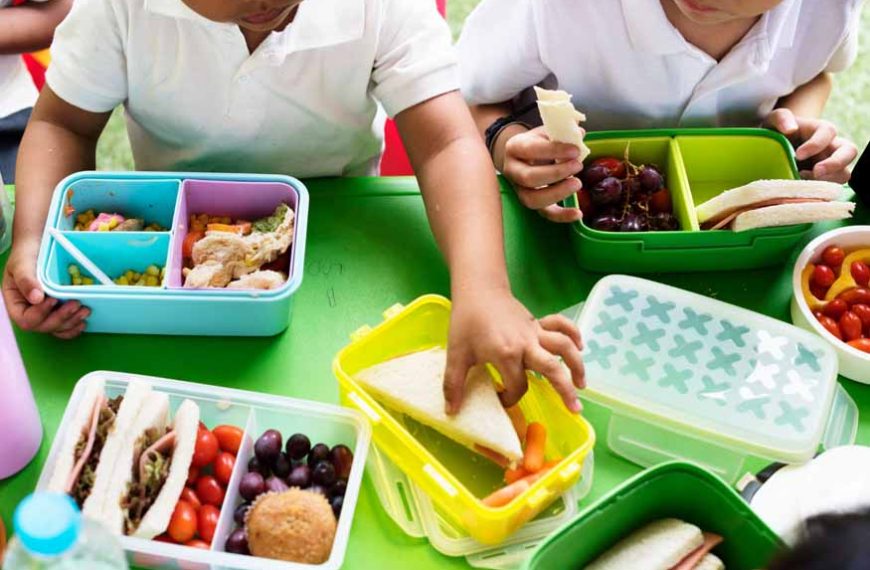In the fast-paced world we live in, equipping children with essential life skills is crucial for their future success and well-being. Beyond academic achievements, teaching life skills helps foster independence, resilience, and adaptability. Inspired by the practices of this independent school Leatherhead, here are some key life skills every parent should consider imparting to their children:
Communication Skills
Effective communication is a cornerstone of success in both personal and professional realms. Teaching children how to express themselves clearly, listen actively, and articulate their thoughts builds confidence and enhances relationships. Encourage open dialogue at home, practice active listening, and teach them to respect diverse perspectives. Additionally, role-playing scenarios can help children navigate various social situations and develop empathy.
Financial Literacy
Understanding the value of money and how to manage finances is essential for navigating adulthood. Teach children the basics of budgeting, saving, and responsible spending from an early age. Allow them to earn and manage their own money through chores or allowances, emphasising the importance of prioritising needs over wants. Introduce concepts like compound interest and investments as they grow older, preparing them to make informed financial decisions in the future.
Critical Thinking and Problem-Solving
In a world filled with challenges and uncertainties, the ability to think critically and solve problems creatively is invaluable. Encourage children to question, analyse, and evaluate information rather than accepting it blindly. Foster curiosity and experimentation, allowing them to explore different solutions to problems independently. Teach them to break down complex issues into manageable parts and brainstorm innovative solutions. Celebrate their efforts and resilience in overcoming obstacles.
Time Management and Organisation
Effective time management is key to success in both academic and professional endeavours. Teach children the importance of prioritising tasks, setting goals, and managing their time efficiently. Introduce them to tools like calendars and planners to organise their schedules and deadlines. Encourage them to break tasks into smaller, manageable steps and allocate time for both work and leisure activities. By instilling good time management habits early on, you set them up for greater productivity and success in the future.
Emotional Intelligence
Emotional intelligence, or the ability to recognise, understand, and manage one’s emotions, is essential for navigating relationships and coping with life’s challenges. Teach children to identify and express their feelings in healthy ways, fostering self-awareness and empathy. Encourage them to regulate their emotions by practicing relaxation techniques, mindfulness, or journaling. Model positive communication and conflict resolution skills, demonstrating the importance of empathy and respect in interactions with others.
Resilience and Adaptability
Life is full of ups and downs, and resilience is the ability to bounce back from setbacks and adapt to change. Teach children to embrace challenges as opportunities for growth rather than obstacles to be avoided. Encourage a growth mindset, emphasising the power of perseverance and learning from failures. Provide support and encouragement during difficult times, but also allow them to experience natural consequences and learn from their mistakes. By cultivating resilience, you empower children to navigate life’s uncertainties with confidence and optimism.
Equipping children with essential life skills is crucial for their personal and professional development. By teaching communication skills, financial literacy, critical thinking, time management, emotional intelligence, resilience, and adaptability, parents can help their children thrive in an ever-changing world. Invest time and effort in imparting these skills, and you’ll set your child on the path to success and fulfilment in life.



